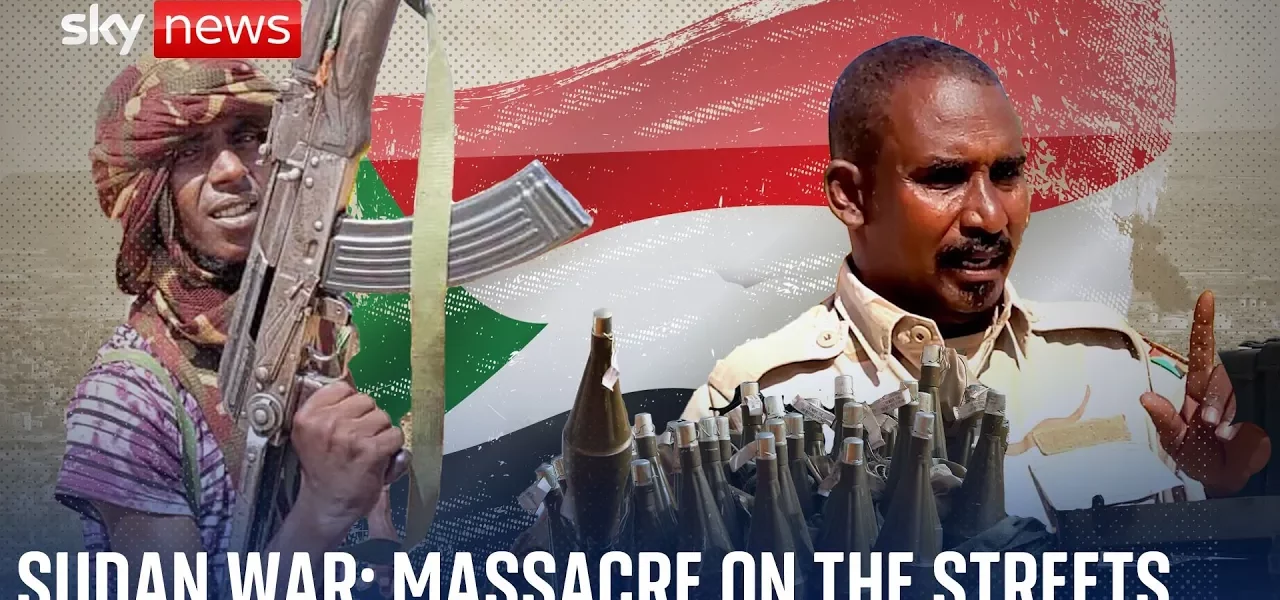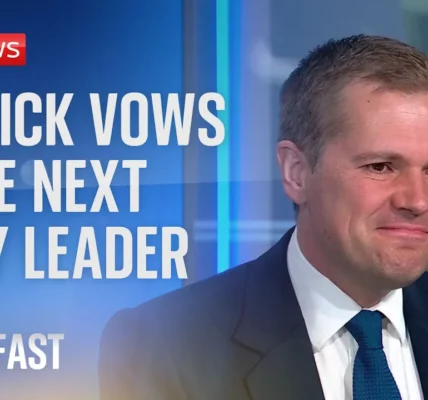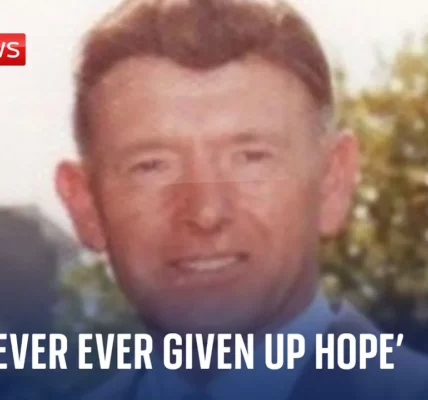Conflict in Sudan: The Atrocities of Rapid Support Forces

This article provides a comprehensive overview of the ongoing conflict in Sudan, particularly focusing on the actions of the Rapid Support Forces (RSF) and their devastating impact on civilian populations. The situation resonates with the historical context of the Darfur genocide, underscoring the urgent need for awareness and action.
Introduction
The conflict in Sudan has escalated dramatically over the past year, marking a grim chapter in the nation’s ongoing struggles with ethnic violence and civil unrest. The emergence of the Rapid Support Forces as a key player in this conflict has led to widespread atrocities, reminiscent of the tragic events of the Darfur genocide in 2003. This article aims to unpack the complex dynamics of the conflict, the role of the RSF, and the harrowing experiences of civilians caught in the crossfire.
The Historical Context of Ethnic Violence in Sudan
Sudan’s history is marred by a series of conflicts rooted in ethnic tensions and power struggles. The Darfur region, in particular, has been the epicenter of violence, with the 2003 genocide serving as a stark reminder of the consequences of unchecked hatred and conflict.
Darfur Genocide: A Brief Overview
The Darfur genocide resulted in the deaths of hundreds of thousands and displaced millions. The conflict was characterized by systematic attacks on non-Arab tribes by government-aligned militias, laying the groundwork for the current state of affairs.
Transition to Present-Day Conflicts
As tensions simmered down, the underlying issues remained unresolved, leading to a resurgence of conflict between government forces and militia groups, notably the RSF. This transition has seen a shift in tactics and a continuation of ethnic violence.
The Rise of the Rapid Support Forces
The RSF emerged from the ashes of earlier militias and has evolved into a powerful paramilitary group. Their actions have raised serious concerns regarding human rights violations and ethnic cleansing.
Formation and Objectives of the RSF
- Originally formed as an Arab tribal militia in Darfur.
- Transitioned into a paramilitary force with a stated goal of controlling territory and suppressing opposition.
- Engaged in systematic violence against non-Arab civilian populations.
Major Gains and Tactical Operations
In June of last year, the RSF made significant territorial gains, capturing military garrisons and launching attacks on civilian populations. These operations have been marked by brutality and a clear disregard for human rights.
Atrocities Against Civilians
The impact of the RSF’s operations on civilian populations has been devastating. Reports of massacres, sexual violence, and forced displacements have emerged, painting a grim picture of life in war-torn regions.
Eyewitness Accounts of Violence
Survivors have recounted harrowing tales of loss and suffering, reflecting the scale of the atrocities committed:
- Unarmed civilians being targeted in their homes.
- Reports of sexual violence and the targeting of women and children.
- Mass killings of men from non-Arab tribes.
Response from the International Community
The international community has largely condemned the actions of the RSF, yet tangible responses have been limited. The need for accountability and humanitarian assistance remains critical.
The Humanitarian Crisis
The ongoing conflict has created a dire humanitarian crisis, with thousands of families displaced and in desperate need of assistance.
Displacement and Refugee Crisis
- Mass exodus of civilians fleeing violence.
- Increased number of internally displaced persons (IDPs) seeking refuge in camps.
- Strain on neighboring countries, particularly Chad, as they absorb refugees.
Urgent Needs for Humanitarian Aid
Organizations on the ground are calling for immediate assistance to address the following needs:
- Food and water security.
- Medical care for the wounded and sick.
- Psychosocial support for trauma survivors.
Conclusion
The ongoing conflict in Sudan, characterized by the actions of the Rapid Support Forces, poses a severe threat to civilian lives and stability in the region. The echoes of past genocides resonate through the cries of the displaced and the suffering of those left behind. It is imperative for the global community to take action to address these atrocities and provide necessary support to the victims. We must remain vigilant and advocate for justice and humanitarian aid. For more information on the humanitarian crisis in Sudan, visit our related articles on ethnic conflicts and humanitarian responses.
“`




